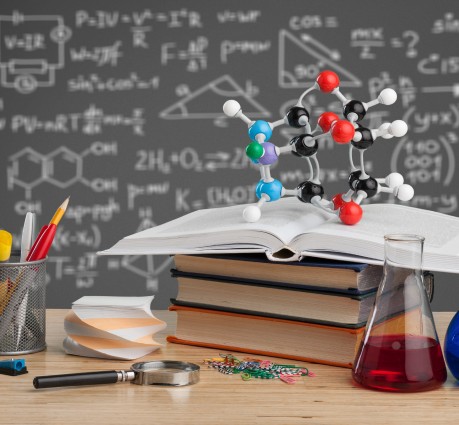A Diploma in Pharmacy (D.pharma.) is a diploma course that prepares students for a career in pharmacy. The course covers various aspects of pharmacy, such as pharmacology, pharmaceutical chemistry, pharmaceutics, pharmacognosy, and hospital pharmacy. The D.pharma. includes both theoretical and practical aspects of pharmacy, including laboratory sessions, case studies, and internships that provide students with hands-on experience in pharmacy practice. The course aims to provide students with a strong foundation in the sciences and pharmacy practice, as well as develop their skills in drug preparation, dispensing, and counselling. Upon completion of their D.pharma., students can find employment in various sectors of the healthcare industry, such as retail pharmacies, hospitals, and pharmaceutical companies. D.pharma. graduates can also pursue further education and training to become licenced pharmacists or pursue advanced degrees in pharmacy, such as Bachelor of Pharmacy (B.Pharm) or Doctor of Pharmacy (Pharm.D.) programmes.
Duration of programme
Level of Study

The primary purpose of the D.Pharm. is to equip students with knowledge and practical skills for pharmacy-related careers.
The programme aims to train students in drug composition, formulation, dispensing, and counselling, among other areas.
D.Pharm. graduates can work in hospitals, retail pharmacies, and pharmaceutical companies, or pursue further education to become licenced pharmacists.
The primary purpose of a Diploma in Pharmacy is to prepare students for the pharmaceutical industry, healthcare contributions, and further education.
12th (Physics, Chemistry, and Biology/Mathematics)
General - 50% S.C./S.T./Others - 45%